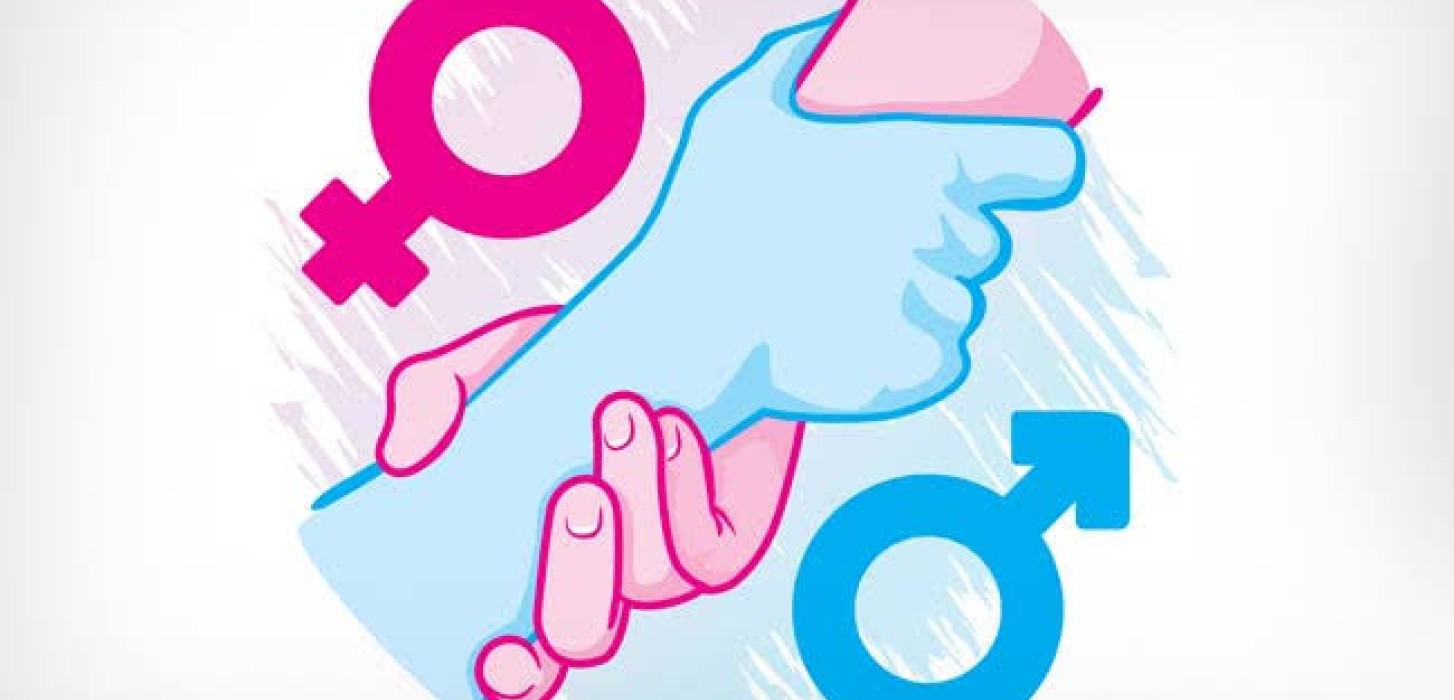Introduction:
Gender equality, a fundamental principle rooted in human rights, asserts that individuals of all genders should have equal opportunities and rights. Despite significant progress over the years, gender disparities persist in various aspects of society. These disparities not only undermine social justice but also hinder economic growth and human development. This essay will explore the importance of gender equality, examine its root causes, and propose viable solutions to foster a more inclusive and equitable society.
importance of Gender Equality:
Gender equality is crucial for a just and balanced society. It fosters social cohesion, reduces discrimination, and promotes economic prosperity. When individuals are treated equally regardless of their gender, they can fully contribute their skills, talents, and perspectives to all areas of life. Gender equality benefits not only women but society as a whole by eradicating gender-based stereotypes, ensuring fair representation, and encouraging diverse voices to be heard.
Root Causes of Gender Inequality:
Understanding the root causes of gender inequality is essential to effectively address the issue. These causes are deeply embedded in social norms, cultural practices, and institutional biases that perpetuate unequal power dynamics. Some key factors contributing to gender disparities include:
- Gender Stereotypes: Traditional societal expectations often assign specific roles and behaviors based on gender, reinforcing the idea that certain tasks or professions are more suitable for one gender over another. This limits individuals' choices and opportunities.
- Discrimination and Bias: Prejudices and biases against women and marginalized genders persist in various forms, such as unequal pay, limited access to education and healthcare, and underrepresentation in decision-making positions.
- Violence and Harassment: Gender-based violence, including domestic violence, sexual assault, and harassment, remains a pervasive issue globally. Such acts not only violate human rights but also restrict women's freedom and impede their socio-economic progress.
Solutions for Gender Equality:
- Education and Awareness: Promoting gender equality begins with education and raising awareness. Educational institutions and community programs should emphasize gender equality, challenging stereotypes, and teaching respect for all genders. Media can also play a crucial role in portraying diverse gender roles and narratives.
- Legal and Policy Reforms: Governments and institutions need to enact and enforce legislation that guarantees equal rights and opportunities for all genders. This includes laws against gender-based discrimination, equal pay for equal work, and protection against violence and harassment. Policies that promote women's participation in decision-making positions should also be implemented.
- Economic Empowerment: Economic empowerment is essential for achieving gender equality. Encouraging entrepreneurship, providing access to financial resources, and ensuring equal job opportunities and career advancement can help bridge the gender pay gap and empower women in the workforce.
- Changing Social Norms: Challenging and transforming harmful social norms and stereotypes is vital. Encouraging open dialogue, promoting positive role models, and engaging men and boys as allies in the fight for gender equality can create a cultural shift towards more inclusive and respectful attitudes.
- Supportive Workplaces: Employers should establish policies that promote work-life balance, provide parental leave and flexible working arrangements, and implement gender-sensitive practices to foster equal opportunities and eliminate discrimination in the workplace.
- Engaging Men and Boys: Engaging men and boys in gender equality initiatives is crucial to creating lasting change. By challenging traditional notions of masculinity and promoting gender equality within male-dominated spaces, we can create a more inclusive society.
Conclusion:
Gender equality is a fundamental human right and a critical driver of social progress and sustainable development. By addressing the root causes of gender inequality and implementing comprehensive solutions, we can build a society that values and respects all genders. Achieving gender equality requires collective action, policy reforms, and a change in societal attitudes. Only by working together can we create a fairer
